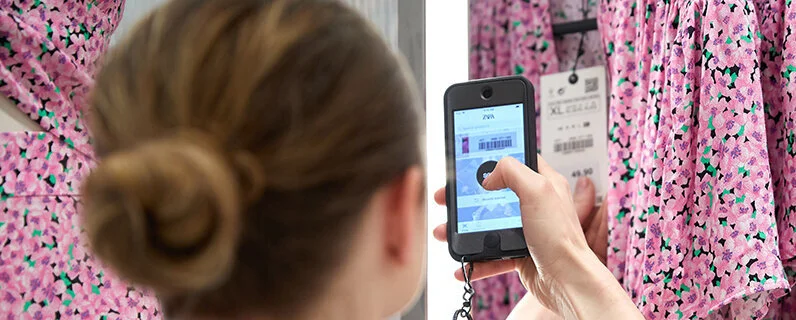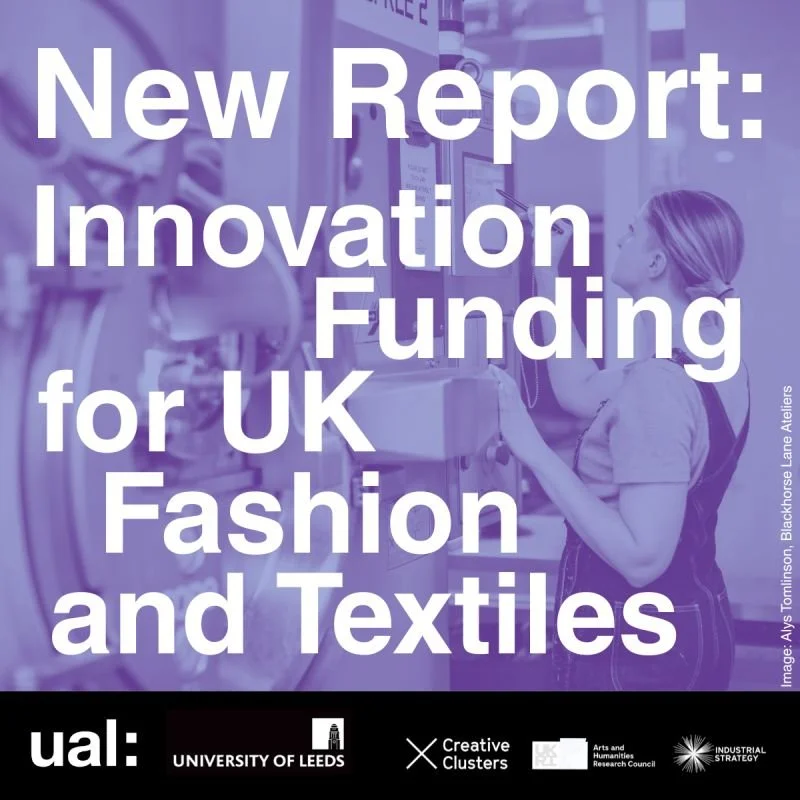Inditex Announce 1Q20 Sales Drop Limited To 44%—0nline Sales Up 95% In April—1,200 Stores To Be Closed
Image Courtesy of Inditex
Online sales up 50% in 1Q20 and up 95% in April alone
Group’s Executive Chairman Pablo Isla has unveiled the Group’s plan for 2020-2022, providing a glimpse into the future at Inditex, shaped by capital expenditure of €1bn to boost online and an additional €1.7bn to further integrate the store platform
Inditex unveils its proprietary digital platform, which will be completed during the period. It is a tailor-made IT architecture for the integrated store and online business model
By 2022, online sales are expected to account for over 25% of the total, compared with 14% in FY19
Inditex will broaden and complete its store technology upgrade plan, which will continue the policy of opening larger stores and absorbing smaller units
Each store, whether online or physical, will become a sustainability hub: they will use less and renewable energy, eliminate single-use plastic, recycle all materials and foster the reuse of all garments
At the upcoming Annual General Meeting, the Board of Directors will propose to distribute an ordinary dividend of €0.35 per share, payable on 2 November 2020
——————————————
Inditex’s Executive Chairman, Pablo Isla, sought, first and foremost, to transmit a message of solidarity with all of the people whose lives or families were touched by Covid-19. He also expressed his gratitude to Inditex professionals worldwide for their engagement and sense of responsibility.
“Our priority through the crisis”, said Pablo Isla, “has been and continues to be the health and safety of our people and our customers. I would like to publicly thank all of our people for their tremendous commitment throughout the global health crisis and during the gradual return to our stores and operating facilities. I would like to highlight how they have consistently followed the appropriate protocols, which has delivered a consistent message of responsibility. As we have always said, people is what really matters for Inditex, beyond any other consideration, and I believe that the current situation we are living, prove it so“
——————————————
1Q20 SALES
The year-on-year contraction in sales at Inditex was limited to a 44% decline to €3.3bn during the first quarter of 2020 – between 1 February and 30 April – despite as many as 88% of the Group’s stores being closed at some point during the period due to the Covid-19 pandemic.
Online sales recorded strong growth of 50% during the period, specifically increasing by 95% year-on-year in April.
The gross margin remained constant at 58.4% of sales, evidencing the flexibility embedded into the business model and its ability to react to actual demand. At the April 2020 close, inventories were 10% lower than in April 2019.
Operating expenses decreased by 21%, thanks to active cost control during the period, and notwithstanding the company’s role in supporting the health emergency by earmarking funds and all of its logistics capabilities to transporting over 120 million items of medical and health equipment, donated by private and public entities including Inditex, from China to Europe.
The company’s net cash position remains robust, at €5.8 billion, compared to €6.7 billion as of April 2019, underpinned by the longstanding positive momentum in the business coupled with the Group’s robust financial management.
Combined, the above factors mitigated the impact on Inditex’s first-quarter, which amounted to an EBIT of €-200 million and net loss of €-175 million.
The company has decided to make a provision of €308 million related to the execution of the Plan to boost online and further integrate the store platform. Taking the provision into account, the reported EBIT and net profit stood at €-508 million and €-409 million, respectively.
€2.7 BILLION FOR THE 2020-2022 PLAN
Inditex’s Executive Chairman, Pablo Isla, today unveiled the Group’s plan for the next two years, providing insight into the future strategy of Inditex.
Under that plan, the company will accelerate and broaden its forward-looking digital transformation strategy. Isla today committed that the Group will invest €1 billion in bolstering the online business and a further €1.7 billion in upgrading the integrated store platform, deploying advanced technology solutions.
In the words of Pablo Isla, “this strategy is a culmination of the project the company has been investing in steadily and significantly since 2012, a project that will transform its profile notably. The overriding goal between now and 2022 is to speed up full implementation of our integrated store concept, driven by the notion of being able to offer our customers uninterrupted service no matter where they find themselves, on any device and at any time of the day”. Proprietary Digital Platform An important aspect of the plan is Inditex’s Open Platform (IOP) project, which has involved creating the proprietary IT architecture over which all of the company’s digital operations run; it has been designed with a configuration to provide the quality, accuracy and immediacy the company’s business model requires.
Starting from the e-commerce platform, it layers in all the associated processes, including inventories, purchasing, distribution and orders, injecting flexibility and, vitally, scalability.
Scalability is crucial in the ability to maintain excellent service during periods of peak traffic such as sales seasons and is key to readying the company for the anticipated ramp-up in online sales.
The platform, the configuration of which dates back to 2018, has proved its efficiency in a staggered implementation. It is currently 60% operational and will be fully deployed between 2020 and 2022. It is one of the most technologically advanced platforms in its field and it is implemented through microservices to help the specific needs of every department or area involved volved in the process without changing the whole system.
Online, over 25% of total sales
Inditex expects online sales to account for over 25% of the total by 2022, compared with 14% in FY19, underpinned by an integrated online-store network that is structurally nimble, sustainable and smart. It will have larger, higher quality stores, higher levels of profitability, and helping generate 4-6% like-for-like growth annually.
Each store will act as a fashion distribution hub in the heart of the most strategic shopping districts of the world’s leading cities, forging an interconnected global distribution network that is responsive to emerging shopping habits.
To that end, Inditex plans to reinforce all of its brands’ e-commerce capabilities. One example is the new www. zara.com studios in Arteixo which will span 64,000 square metres. It will also increase the online customer service teams and the dedicated packaging both from the specific online stockrooms and from the stores. Also, the implementation of the RFID system, which enables garment tracking and integrated inventory management, will be fully deployed across all the brands by the end of 2020.
In parallel, Inditex plans to continue with the store upgrade plan underway since 2012 under which it has opened a gross 3,671 stores that are larger, in more high-profile locations and already integrated with online. From that date, the Group, enlarged a further 1,106 stores, refurbished 2,556 with the latest technology and absorbed 1,729 units, 1,024 of which during the last three years.
Ultimately, Inditex plans to to have a total network of between 6,700 and 6,900 stores, from 7,412 today, which will involve opening 450 new stores fitted with all the latest sales integration technology and absorbing between 1,000 and 1,200 smaller-sized stores, which account for 5% to 6% of total sales and are less well positioned to offer the new customer experiences. Most of these smaller stores are older stores belonging to brands other than Zara.









































